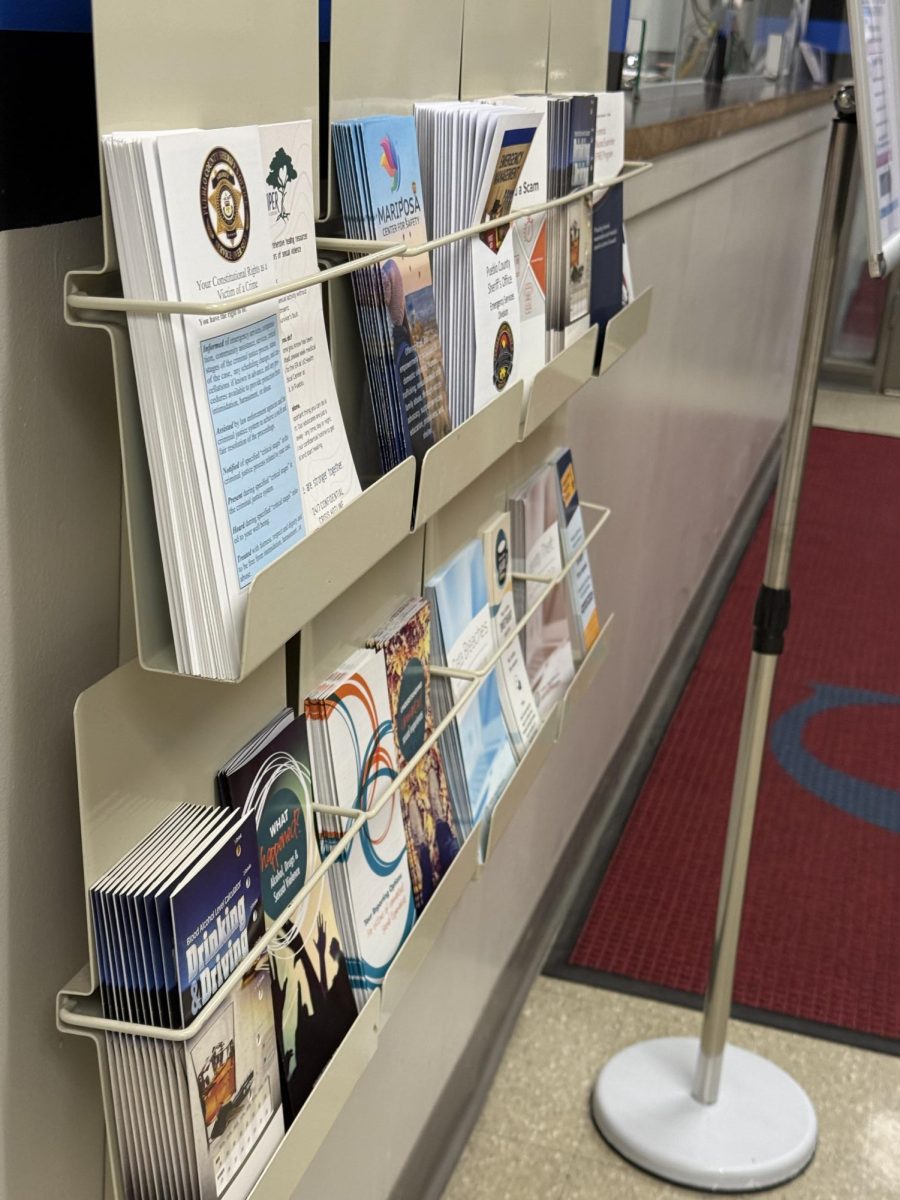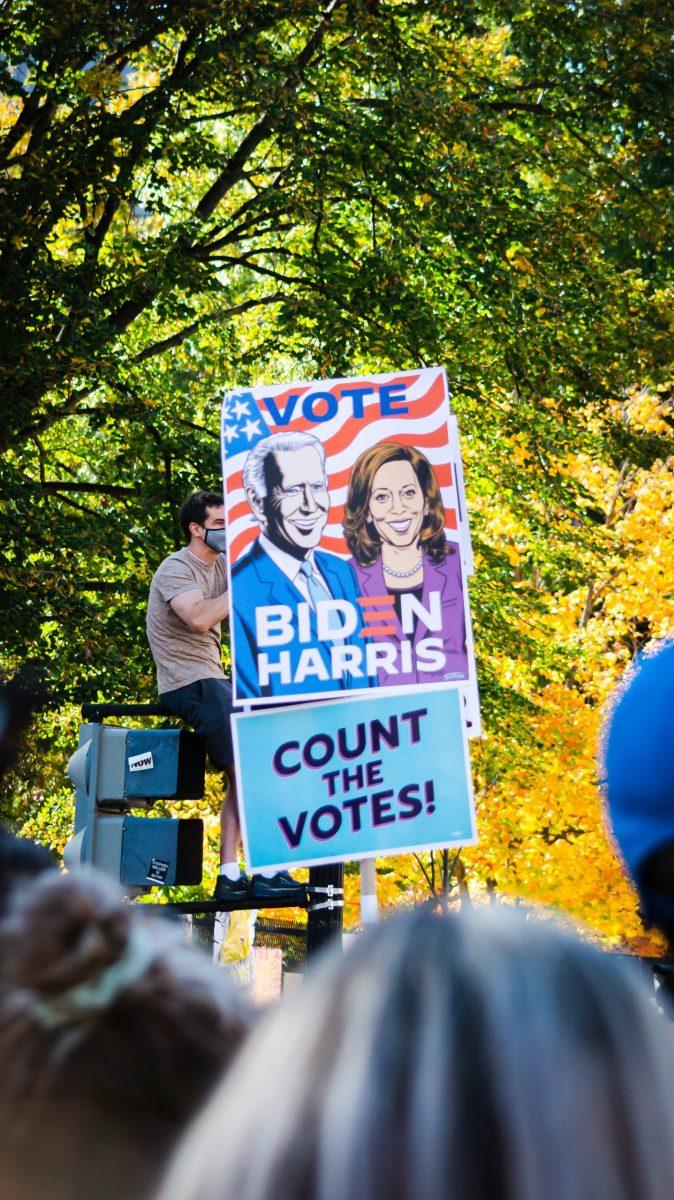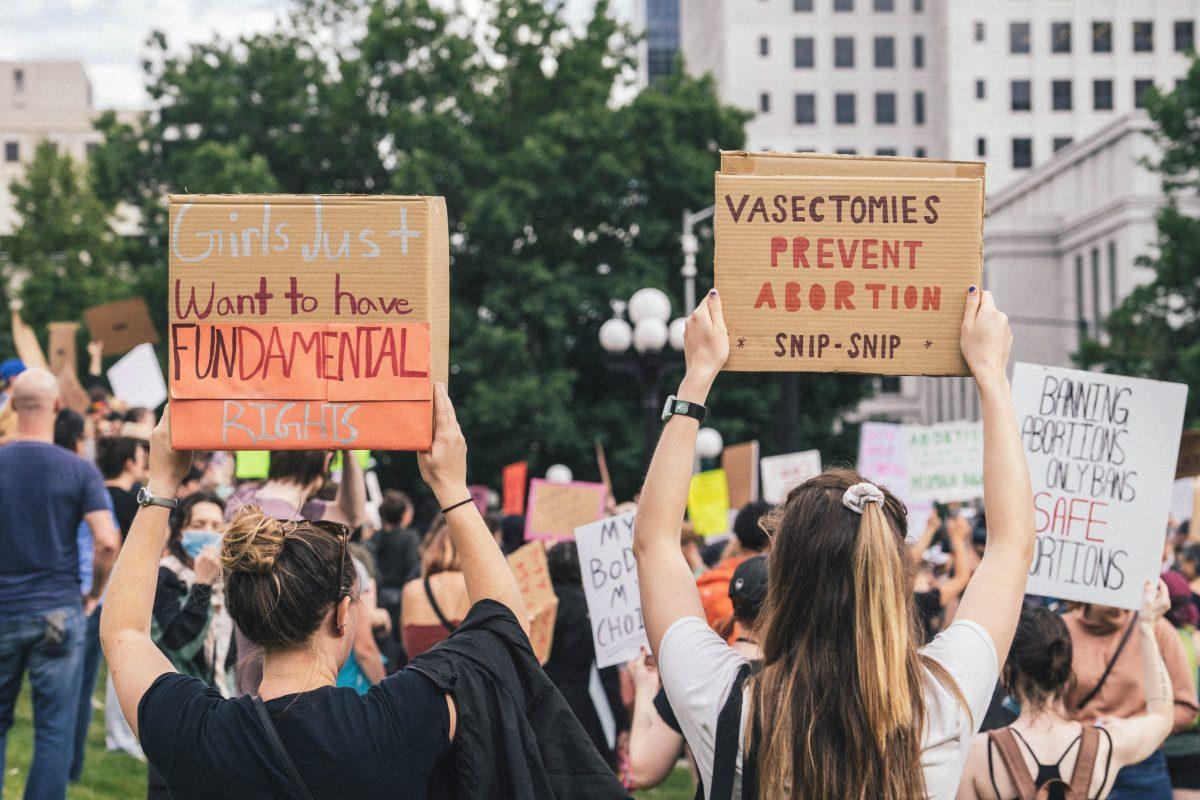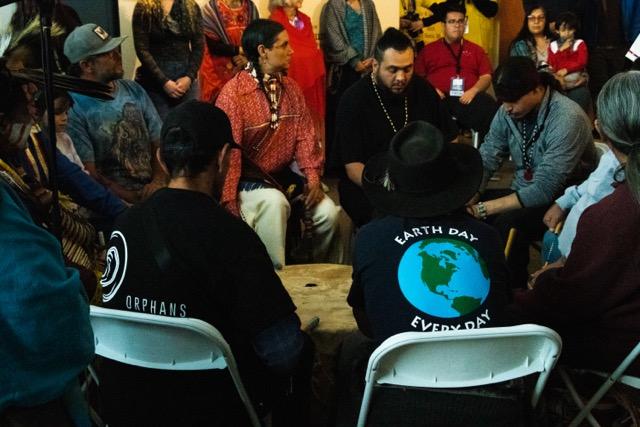
As a child growing up during the Civil Rights Movement, I had been intentionally sheltered from the growing discord in hopes that it would “blow over” and life would get back to the 1950s version of normal.
But progress would not be denied.
My sister, who is 16 years my senior, was quite aware of the pivotal events going on in the world. She had friends who went to Vietnam and never came back. She had friends who marched for Civil Rights. She knew that change was in the wind.
One of my fondest memories of childhood is sitting with my sister at bedtime; listening to Peter, Paul and Mary spin dreamlike tales about “Puff the Magic Dragon.” I would imagine myself sailing away with “Puff” to visit faraway lands.
Every night we followed the same ritual: a glass of water, a quick read of “The Three Little Kittens” and at least one listen to “Puff.”
Our parents had a ritual, too. Every Thursday evening, while my sister kept me entertained at home, they would meet another couple for dinner somewhere in downtown Memphis.
This Thursday was no different.
Mother and Dad had gone to meet their friends, and my sister was desperately trying to get me to wind down and go to bed. All I wanted to do was hear “Puff” one more time. She reluctantly agreed, and I swayed to the music as she ran to answer the phone.
The next few moments passed by in a blur. She rushed back into her room and abruptly cut the power to the record player. The music and lyrics of “Puff” slowly ground to a halt. She drew the front curtains and turned off all the lights. I remember the fear I felt when she grabbed my hand and drug me down the hall to the bathroom where she put me in the tub and turned on my father’s little radio.
There was no music. No “Puff.” Only static and the sound of a man’s voice trying to be heard over shouting and crying.
I don’t recall what the man said, only my sister’s reaction. On the floor of the bathroom, she sat cross-legged and held the little radio close. She looked angry, sad and confused.
Someone had been shot, someone very important.
I tried to climb out of the tub, but she refused to let me. Time crept painfully by, and when she finally crawled into the tub with me, I cried myself to sleep in her arms.
It would take a few years for me to realize the significance of that day.
April 4, 1968, was a Thursday like any other until a gunshot rang out just a few miles from my home in Memphis, taking the life of Dr. Martin Luther King, Jr.
My parents were just a few blocks from the site, and when rioting broke out they frantically called my sister, telling her to lock the doors and windows, shut off the lights and hide in the bathroom.
I was only four, but I can still remember the sound of “Puff” slowly spinning down like a top losing its momentum.
“One gray night it happened, Jackie Paper came no more, and Puff that mighty dragon, he ceased his fearless roar.”
That was the end of my sheltered, middle-class, white upbringing. Things were different from then on. I was suddenly aware that life wasn’t all about sailing the seas with an imaginary dragon.
A fearless roar was silenced that night in 1968, and just like Jackie Paper, the boy in the song, I soon left behind the simple joys of string and sealing wax.
I grew up and came to realize that “Puff” is a sad song. It’s not about the magic of a childhood friend. It’s not about the grand adventures of the imagination.
It’s about loss. Loss of innocence, loss of magic, loss of the joy of life. As hard as we might try to get it back, it’s always just outside our grasp. No more than a memory.
My memories of “Puff” will be forever linked to the death of Dr. King and the rush of harsh realities that I’d been so sheltered from.
If I could, I would tell my younger self to cherish the time she had with “Puff”, to remember all the noble kings and princes, to salute the pirate ships that lowered their flags and to frolic in the autumn mist as often as possible.
Once the veil of childhood innocence has been lifted, there’s no going back, and life without “Puff” has very little magic at all.









